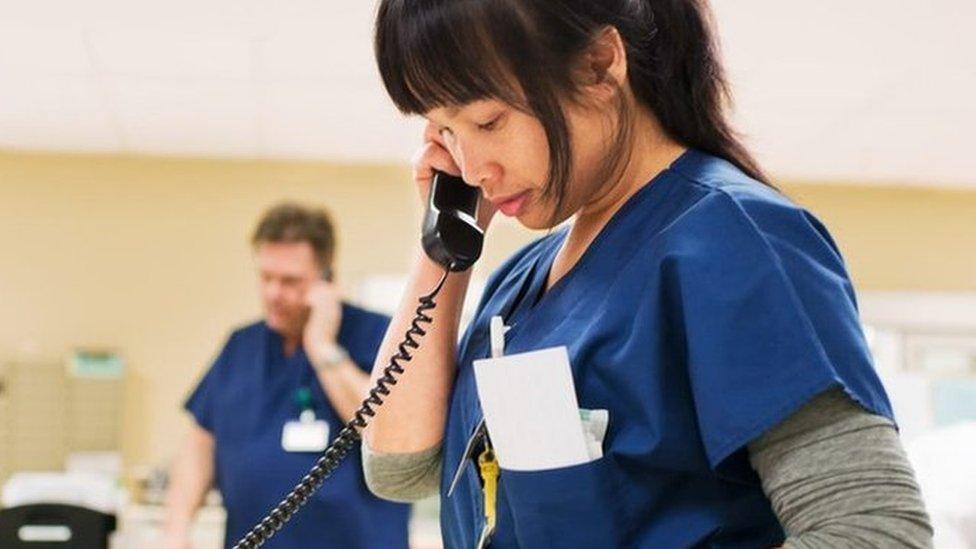GP appointments: Patients 'compete' when phones open
- Published
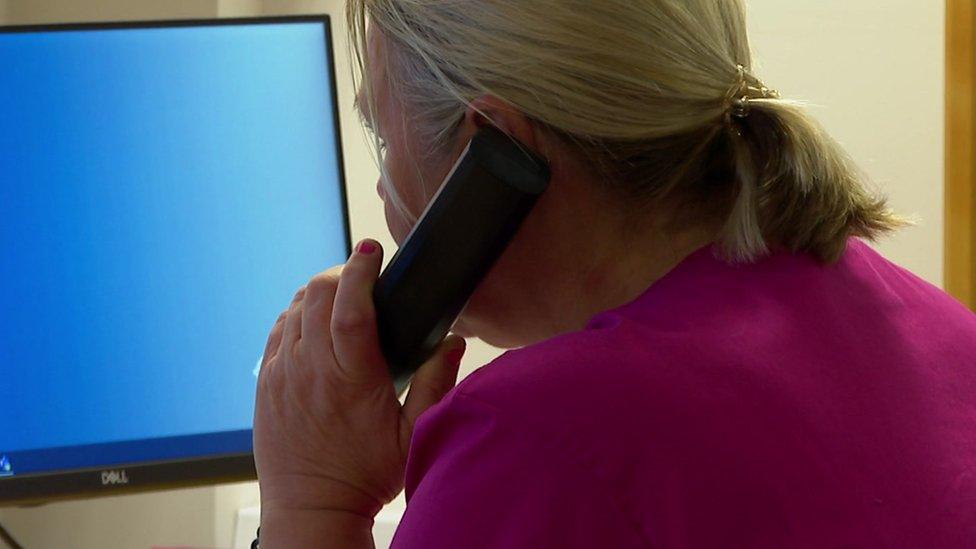
One GP surgery in Wales is receiving up to 10,000 calls every week, but can only handle 2,000
People are forced into a stressful competition for appointments when GPs' phone lines open, doctors have said.
They have called on the Welsh government to fund alternative booking schemes and increase the availability of video consultations.
The Royal College of GPs said the only sustainable solution to the high demand for services was investment.
The Welsh government said it was "looking at ways of using technology to improve patient booking systems".
A survey by the Office for National Statistics showed that 19% of respondents said their appointments were held over the phone in May 2020, rising to 49% between January and March this year.
But doctors said that should not be seen as an inferior option and patients would always be seen in person when necessary.
Mair Hopkin, from the Royal College of General Practitioners, said the "crisis" in GPs' surgeries pre-dated Covid.
"A lot of patients were finding it difficult to get an appointment before the pandemic and having to wait several weeks," she added.
"I have heard patients say that once the pandemic started and GPs started ringing back, patients found it so much better to speak to a GP on the day that they wanted to.
"It's not perfect, it's not right, and we have to improve things going forward but it's easy to forget how difficult it was."
'If I die, it's your fault'
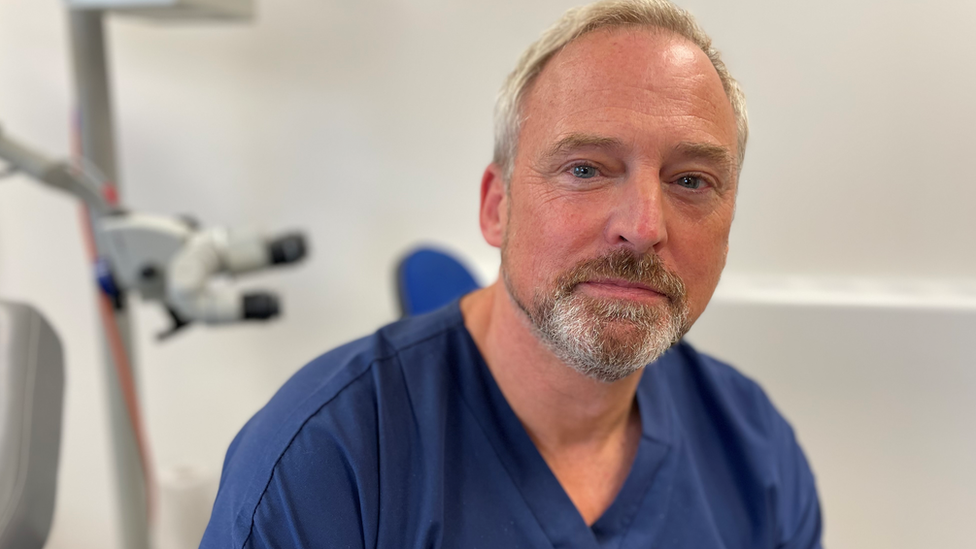
Dr Rhodri Lewis said receptionists were on the sharp end while fielding calls from patients
Receptionists at West Quay Medical Centre in Barry, Vale of Glamorgan, said they had received a number of comments from patients including "if I die, it's your fault", "you didn't deserve the 8 o'clock clap" along with other NHS staff and "if you tell me to call back at 8am one more time I will go nuts".
Practice managing partner Dr Rhodri Lewis said most patients "have been great".
"They really understand the pressures but, increasingly, it's harder and harder to say 'please bear with us and phone the next day' - when they phone the next day to be told the same thing again and again and again and we run out of options to tell them," he said.
"At the end of the day you have often got a broken team in telephony because they're just saying the same thing over and over again and people are understandably frustrated and take it out on them because they are the front line."
A number of surgeries have added specialists such as physiotherapists, mental health nurses and pharmacists to their teams to meet the demand, though that means more physical space is required.
Gareth Thomas, business manager at West Quay and Wales' representative for the Institute of General Practice Management, said the surgery received between 9,000 and 10,000 calls weekly, but could only answer about 2,000.
"We just don't have the capacity to take the sheer amount of calls which come through to the surgery every day," he said.
Phone appointments have allowed practices to increase their capacity, he added, but said demand "just strips the capacity that we have every day" with between 15 and 20% extra demand compared to before the pandemic
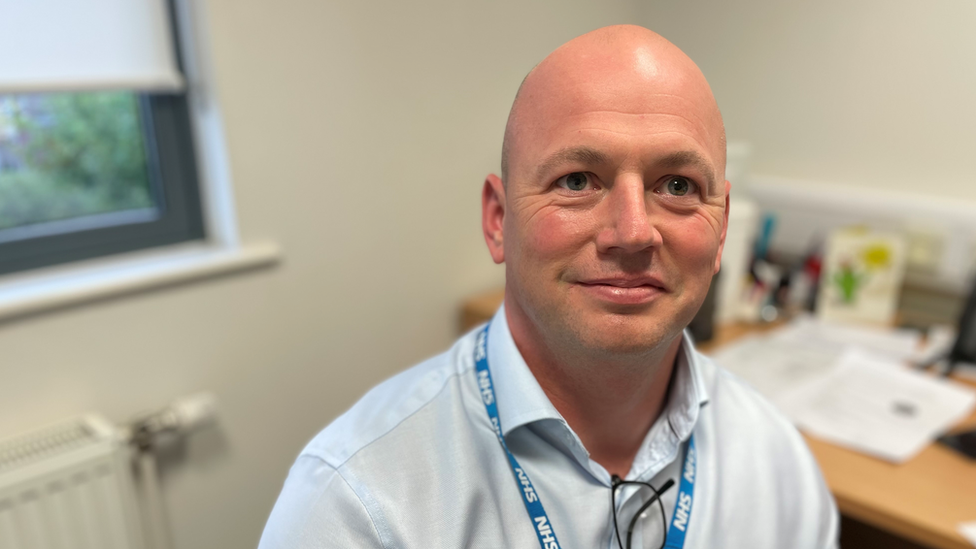
Gareth Thomas is Wales' representative for the Institute of General Practice Management
What do patients say?
Jo Cottle is a patient at West Quay and a member of its patient participation group, which meets monthly to raise issues to improve people's experience.
She said: "Last year it was very difficult to get in here because everyone had to be protected. I think that made people quite wary and feel like they were shut out.
"They weren't but, once things started to open up and clinics began again, it felt like things were moving forward again.
"As far as I'm concerned, if they're happy to treat me over the phone and I'm happy then I'd rather not come in, especially over the winter but if I need to be seen I will."
The Welsh government said: "Despite the pressures facing GPs, practices are open and working to meet patient needs, undertaking more appointments than ever.
"We accelerated the roll-out of the Attend Anywhere video consultation system during the Covid pandemic and since then more than 14,000 GP video consultations have been carried out.
"We have also expanded the number of training places for nurses and other healthcare professionals that make up primary care multi-disciplinary teams."

FIGHT FOR YOUR RIGHTS: X-Ray returns and they've got your back
FORENSIC COLLISION INVESTIGATORS: Step inside the cordon with The Crash Detectives

- Published23 September 2021
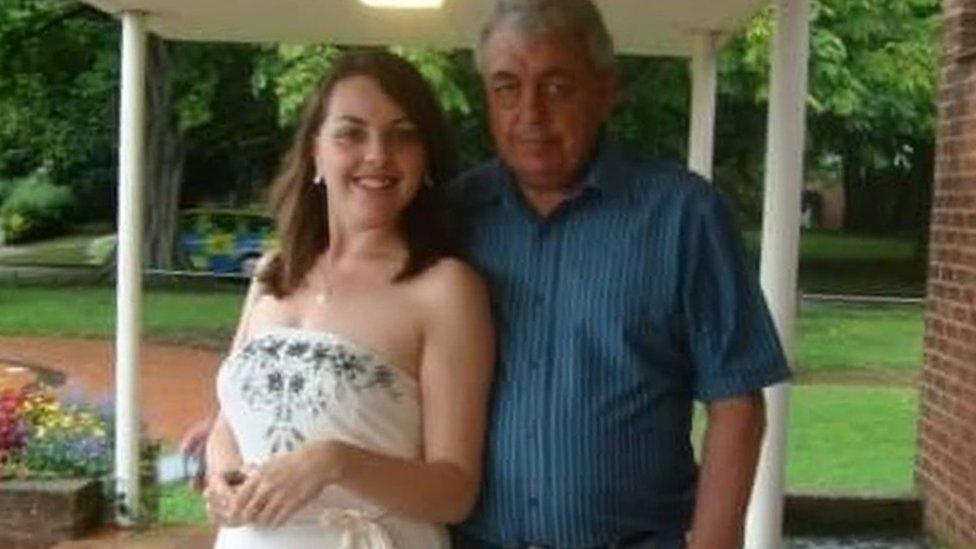
- Published9 August 2021
